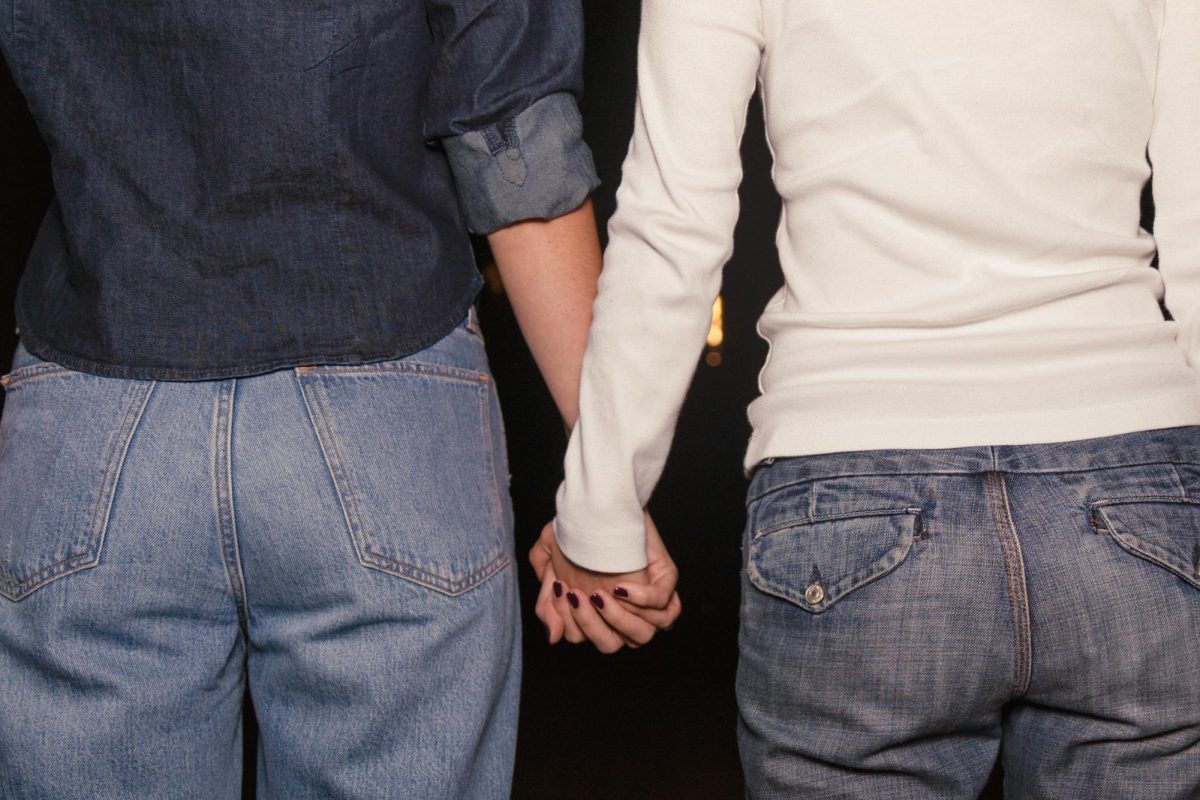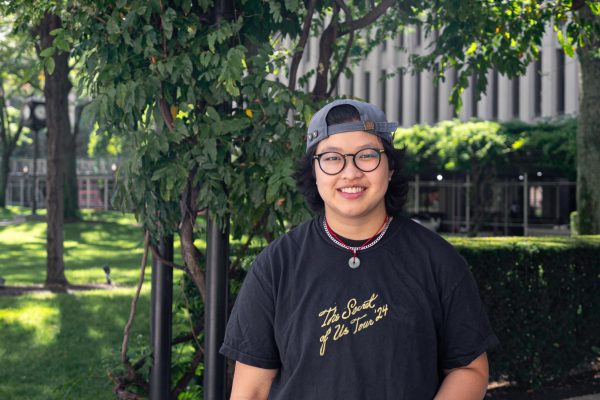Messy romance dominated television screens and social media feeds this summer. Between the TikTok-fueled frenzy around the brother-versus-brother love triangle from “The Summer I Turned Pretty” and the climactic contestant dumpings on “Love Island USA,” one thing became clear: Heartbreak is no longer part of the modern love story, it is the story.
Of course, this theme is nothing new. Romantic conflict has always been central to drama, from Shakespeare’s star-crossed lovers to Jane Austen’s headstrong heroines. But heartbreak takes on a different form in today’s stories. Instead of building toward love, many of today’s most popular romances linger in the drama, signaling that chaos is what makes a relationship worth watching.
Amazon Prime’s hit series “The Summer I Turned Pretty” took off this summer with its third season. It looks like a coming-of-age beachside romance, but beneath the nostalgic soundtrack and pretty landscapes lies a lesson in emotional unavailability. Leading love interest Conrad Fisher runs hot and cold, keeping Isabel “Belly” Conklin hooked with just enough attention. Belly overlooks issues in the name of love and finds distraction, solace and double red flags in his brother, Jeremiah.
Instead of building toward love, many of today’s most popular romances linger in the drama, signaling that chaos is what makes a relationship worth watching.
The message? If you love someone hard enough, relationship problems like emotional abuse and toxicity do not matter. Fans take sides online, cementing these negative connections as something to root for.
The reality show “Love Island USA” takes things further and turns heartbreak into sport. Set against a Fijian backdrop and airing in real time, contestants cycle through coupling ceremonies designed to spark meltdowns and fights. Many already arrive as influencers, prioritizing clout over genuine connection. Producers engineer drama with “bombshell” cast members and strategic edits.
This summer, invested viewers at home created parasocial relationships so extreme that islanders faced death threats just for making unpopular choices. In more than one case, fans targeted contestants of color with racist memes and comments. What was once marketed as a lighthearted dating show has become a hostile environment, powered by jealousy, love-bombing and embattled online fanbases.
What was once marketed as a lighthearted dating show has become a hostile environment, powered by jealousy, love-bombing and embattled online fanbases.
Even rooting for love has a sour side, as seen with the viral ship name Nicolandria. “Love Island USA”’s Nicolas Vansteenberghe and Olandria Carthen spent most of the show dating other people, but found their way to each other by the end of the summer. While fans came together for what they believed was a love match, their hopes hinged on the two splitting from their original couples.
Put together, these series make one thing clear: We rarely want love without some form of heartbreak — at least not on our screens.
“I think any form of media that has drama is interesting,” said Chelsea Laubach, Gabelli School of Business at Lincoln Center ’27. “My life wouldn’t be a good TV show because it’s kind of boring. There’s not this unrealistic drama. People like the escape that they can get with crazy things that happen on TV that they’re not going to get in their everyday lives.”
Laubach said that even when she hates a show, she is still hooked.
“I really don’t like this season (of “The Summer I Turned Pretty”). But I tune in every single Wednesday because I need to know what happens, even though I’m yelling at my TV. I’m angry at every single character … but it’s so crazy that it makes it interesting, because it’s different than my everyday life.”
That frustration is part of the appeal. For Gen Z, stability often reads as boring, while chaos keeps us coming back. Social media makes it impossible to ignore. Hashtags like #TeamConrad and #TeamJeremiah, or entire TikTok edits dedicated to one “Love Island” kiss pull us further into debates over fictional and semi-fictional relationships. And the more we argue, the more influence the shows have.
But what does all this say about how our generation views real relationships?
“I think that, especially this summer, there’s media that revolves around love, and that makes people want that,” Laubach said. “Not necessarily the toxic love, but some form of being chosen by someone … even if it’s unrealistic, it’s something.”
When toxic behaviors are glamorized on screen, they risk being normalized, especially for younger viewers still learning what love should look like.
That craving for recognition — being chosen and wanted in a world of social invisibility — explains why we watch characters ignore red flags or cycle through heartbreak. It is not that we want to mimic them, but that we want the same intensity of feeling.
At the same time, when toxic behaviors are glamorized on screen, they risk being normalized, especially for younger viewers still learning what love should look like.
Healthy love stories do appear, but they are often relegated to the side characters or to the finale when the protagonists can finally reap their reward.
“I think there’s definitely a risk of (healthy relationships) being boring,” Laubach said. “But ending a show or movie with a healthy relationship is good … I usually don’t root for the toxic relationship. I like when it ends in a healthy way and the main characters get what they deserve.”
In other words, we want both the drama to get us through the season and the stability to tie it up at the end.
The rise of messy romance this summer does not mean Gen Z necessarily wants chaos in our own lives, it just means we want to feel something, even if it happens to be through a screen. These shows might not teach us how to build real relationships, but they do tap into the human desire to be chosen, to fight for love and to feel alive in the process.
In a generation where real life often feels scary and uncertain, maybe putting chaos on screen is the safest place to keep it.


